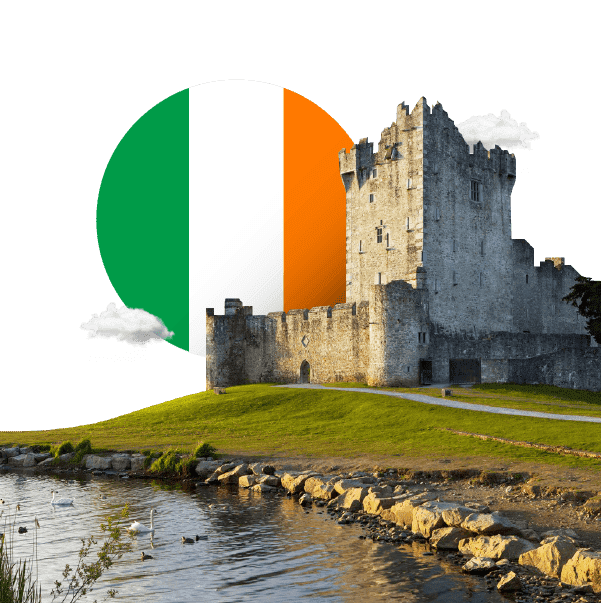Education System in Ireland
In Ireland, the education system is distinguished into three levels:
- First Level Education – Primary
- Second Level Education – Post-Primary
- Third-level Education – Higher Education
In this, the third-level education comprises universities, institutes of technology, private colleges, and colleges of education. All these educational institutes are funded by the government.
The universities offer degree programs at Bachelor’s, Master’s, and Doctorate Levels.
- The bachelor’s programs or undergraduate programs can be pursued part-time and full-time. Generally, full-time bachelor’s courses last three years.
- Irish master programs take a year to complete, however, some master programs by research may last two years.
- Irish doctorate programs may last three or four years. You can enroll for structured and traditional programs. The structured programs are similar to traditional programs, but have an additional element of evaluation and training.
Note: Student exchanges through the Turing Scheme is gaining popularity. This allows students to study abroad and secure overseas placements. However, students can seek advantage of this scheme, only if their university has a formal agreement with any foreign university.









